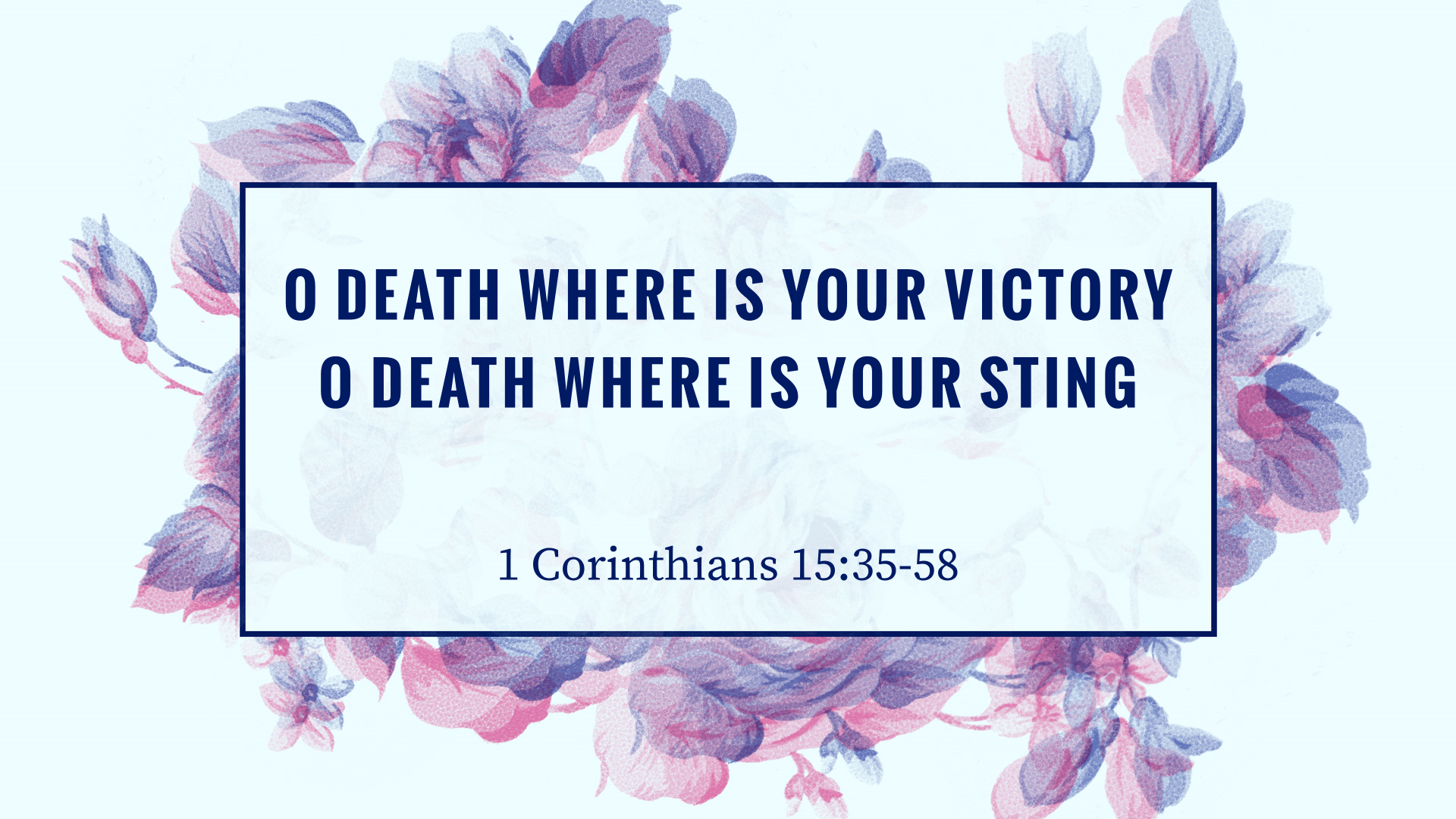When do we use the words it lacks meaning or has meaning? When does meaning exist and when does it disappear? If we look closely, when we use these words it will be evident. So begins an article in the Kyeongyang magazine by a university sociology professor on death's loss of meaning.
An example would be doing something that has lost its utility or connectedness, we say it has lost its meaning. In contrast, when unexpectedly a word or action becomes useful or connected to something, do we not say it becomes meaningful? Meaning ceases to exist when we have no relationship or ability to form a relationship.
The heart of culture is meaning and the heart of meaning is a relationship. When we have a relationship we have meaning without a relationship we have no meaning. Presently in our society, the meaning of death is damaged. It has become taboo. It can be inferred that the society in which we live has difficulty understanding death and its cultural meaning and relationship. Death's relationship to the culture is missing.
We remember the song from the past: "100 meters before meeting her" the professor uses this song to explain her thesis. To the protagonist of the song, 100 meters has great meaning since he will be meeting his love. However, let us suppose that she is not there. The meaning of 100 meters disappears. It is that woman that gives the sentence meaning.
The reason the meaning of death is difficult to express is the loss of its transcendence and its lack of connectedness with life. As the secularization and scientification of society continue, the tendency to understand death as the end of life and not in relation to the beyond is increasing. Life is the end, isn't it? Gives us the understanding of many.
When death is seen as the complete end of life, it is not easy to understand death in any relationship. Logically this is the result. When death is seen as the end of all— what do you have? Nothing, consequently, relationship and hope cease.
Death has lost its meaning, and the road that leads to death becomes empty. Logically this is what is happening! Walking the road to meet the woman who is not there. Logically one step follows another we don't mean to glorify pain but for many facing death the accompanying bodily and mental pain and attempt to see it in a positive way is blocked and gradually life itself becomes murky.
Even though those who are relatively young and healthy are not conscious of the situation; when old and sick the reality of their situation becomes present, this is no small matter.
When death and life do not have a satisfactory relationship in our society we meet up with difficulties especially when old and sick. We are not able to give meaning to life. And no one is able to escape the inevitability of the process.
Historically, religions have answered the questions surrounding death. In the province of transcendence, precedence should be given to religion. Not only within religion as an institution but placing death in a relationship with transcendence must be at the heart of our society's understanding of death. The human person is a transcendent being fundamentally orientated to the ultimate spiritual reality. The writer is anxious to see what answers religion will give to our generation on death.
